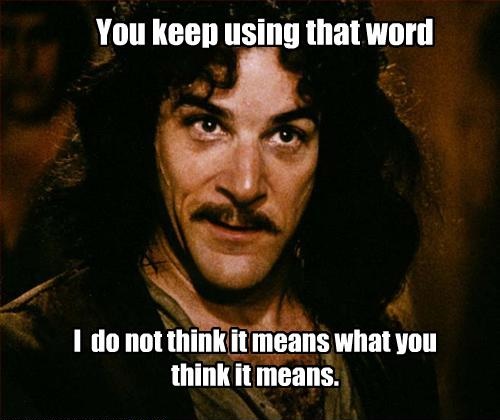EdwardBaiamonte
Platinum Member
- Nov 23, 2011
- 34,612
- 2,153
Agriculture is protected. I find that a valid point because food autosuficiency is a matter of national security.
now thats really stupid since the list of rare earth metals and 1000's of other items needed for national security are generally not protected. If they were world trade would decline 50% over night and we'd have another liberal Smoot Hawley depression. To a liberal its all simple magic: you protect your industry, save jobs, and don't think about driving prices up or that other countries will do they same thing.
See why we say liberalism is based in pure ignorance!! This liberal would have us grow our own bananas in greenhouses instead of getting them virtually for nothing from SA.



